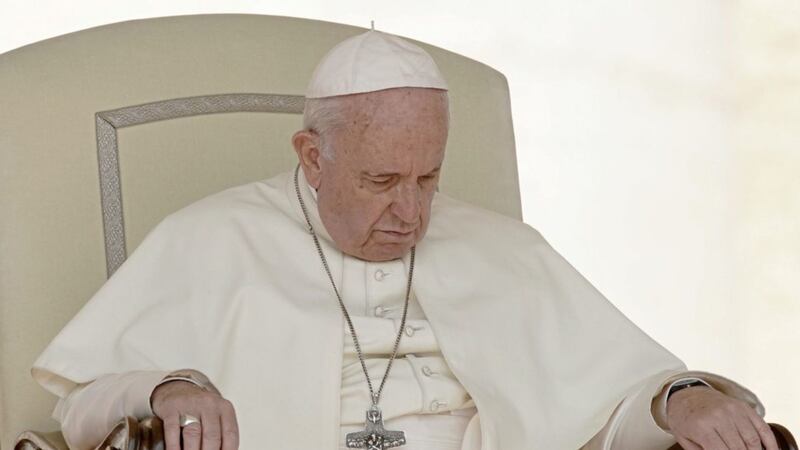I have no memories of the first six years of my life - two of which were spent in an orphanage. No memory of a house, or bedroom, or toys, or pets, or a garden, or a school (I went to one for almost a year when I was in the orphanage).
No memory of my birth mother. No memory of any family. No memory of the other children or staff in the orphanage. No memory of a favourite smell, or favourite food. No memory at all. It's almost as if those first six years didn't exist. Every single memory has been wiped from my mind; or locked down so deeply that they may as well have been wiped.
I was born on August 13, 1955, yet to all intents and purposes my life didn't begin until July 1961--when I was adopted.
Something bad happened. So bad, in fact, that the only way I could cope with it was to lock it away: bury it somewhere very deep in my brain. I still have nightmares on a regular basis: very, very dark nightmares when I'm enveloped in pitch-blackness and hiding from something. What that something is I don't know. I had an ulcer at the age of 13--caused by the stress--and almost died. I talked a few times to my adoptive parents--genuinely wonderful people who helped me rebuild and reinvent myself--but they didn't know the pre-orphanage background. But their love and support--and I wasn't an easy child--allowed me to focus on the future and not my past.
The past came back on Saturday and Sunday when I listened to Pope Francis address those people who had been abused by members of his Church. Because I have locked everything away and been able to counter-balance the forgotten past with a new future and the security of a new, loving family (although I still have awful moments of sheer terror and occasional walls-closing-in-on-me depression), I cannot even begin to comprehend the suffering of those people who have had to live with graphic recall every single day of their life. People who were abused, betrayed, bullied, dismissed, not believed. People who had no-one to turn to because they were afraid to tell parents or any other figures of authority.
People who discovered, much later in life, that the perpetrators of the abuse were often known and protected by the Church. Not only protected, but moved to other places where they could continue their vile behaviour. People who discovered, when the sheer scale of the abuse at personal and institutional level became clear, they were not alone in their misery and terror. People who discovered that elements of the state were also aware of what was happening and did very little to bring it under control. People who discovered that the Church, in which some of them still retained faith (because they believed that their abuser was just one stinking, rotten apple in the barrel), actually knew about the scale of the filth in the barrel and chose to protect itself rather than put a loving arm around them.
So I share the horror--and there really is no other word for it--of those who believe that the Pope's words of sorrow and contrition are not enough. And that's because they aren't enough. The damage done to the abused can never be undone. Indeed, the damage has been multiplied by the knowledge and brutal reality that the Church prioritised the interests of the abuser over the interests of their victims. From their perspective the very bedrock of Christianity--love--has been turned into nothing more than a sordid mockery.
As it happens--and I speak as an atheist--I actually have a lot of time for Pope Francis. He strikes me as a decent man. But that decency means nothing in the absence of courage. That decency means nothing if he can't go further than words of sorrow. He has a temple to cleanse: and that temple is his own Church. If the Church can't withstand the cleansing process then it's probably not worth protecting in the first place. Secrecy is the protector of abuse; which is why so many multi-national institutions like secrecy.
Francis has a duty to every one of the abused (including searching his own conscience and reassessing his own responses as the truth unfolded over the past 30 years or so). Those who were the victims of sexual predators. Those who had their children taken from them. Those who were beaten in care homes. Those who were ignored, belittled and left to descend into a personal hell of mental torment. Those who believed that they, themselves, were at fault. Those whose lives were destroyed. Those who were never believed. Those who were abandoned by the Church and state authorities which should have been on their side.
Those people--all of us, in fact--have to see the Pope who apologises to them commit to an updated version of John 2: 15.








